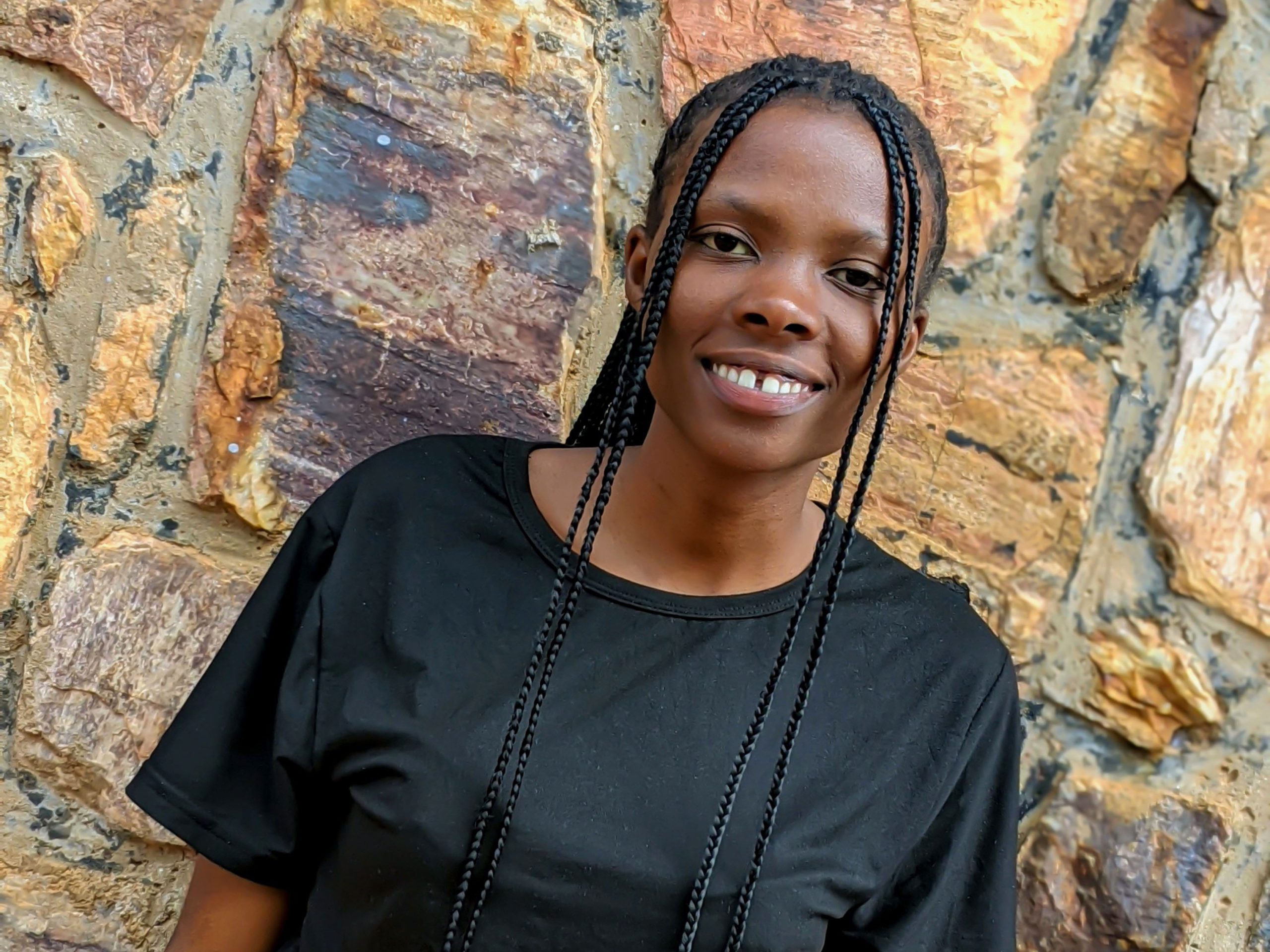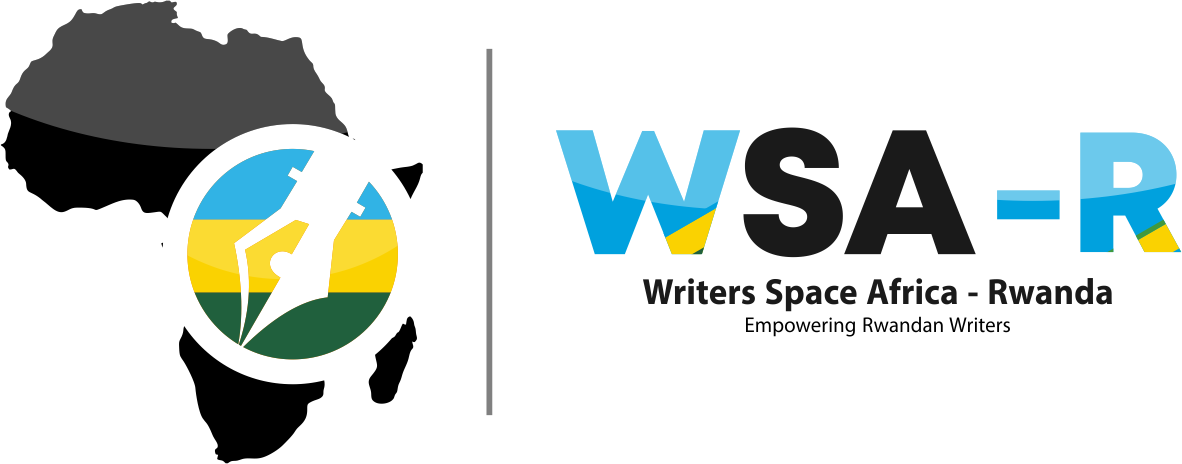From time to time, numerous articles, declarations and rules have emphasised the importance of unity in fostering peace and cooperation among people. For example, the United Nations Charter, signed on June 26, 1945, emphasises the importance of unity among nations to maintain international peace and security. Similarly, the third article of the Constitutive Act of the African Union, adopted on July 11, 2000, highlights the importance of promoting unity and solidarity among African states. These legislations underscore the world’s ongoing efforts to foster unity as well as the significance people attach to it.
I grew up in a society that encouraged unity in all aspects of life. Whether at school, within groups, at home, or in the workplace, unity was deemed essential. But I took unity for granted. I never reflected on how my world would turn upside down without it. My point of view had a complete turn in 2019 when I was a senior four student at Groupe Scolaire Notre Dame Du Bon Conseil, an all-girls secondary school. That year, I got elected as an assistant head girl and came to witness that unity isn’t a simple concept. It is an oasis in the desert, a hope for the hopeless, and a light at the end of the tunnel.
The school had a custom of electing students’ council members at the end of each year. We called the members ‘abaconseiller’ (umuconseiller in singular), derived from a French word ‘conseiller’ which means adviser. The council comprised ten students and was given the authority to deal with their fellow students directly. They were considered the second hands of the headmistress. Disciplining a fellow student was a challenging task. It was even more challenging for a team of ten students with different backgrounds, personalities, and dreams to work together. Nevertheless, we took the time to get to know each other and understand each other’s likes and dislikes.
At the beginning of our reign, things went smoothly. We all wanted to make it to the end of the race without condemnation. Ntazibana zidakomanya amahembe is a Kinyarwanda proverb which translates to ‘people who live together will have a misunderstanding at a certain point.’ My team didn’t just have a misunderstanding; we fell apart. Despite agreeing on tasks, some would do the opposite. It was both frustrating and heartbreaking knowing that your goal won’t be achieved due to your fellows’ deeds. We were one team, but we divided ourselves into ‘us’ and ‘them’. At first, I couldn’t decipher what was wrong with us. I thought some were lazy or didn’t want to be considered the villains in students’ stories. Truth be told: students don’t like people disciplining them, especially their fellow students. When umunconseiller attempted to guide a student back on the right path, they often faced resentment instead. As our team became divided, some of us began shouldering more than our fair share of the workload.
During our reign, one of our goals was to raise understanding and knowledge of English language among students. Whenever a student wanted to request any service from us, she was obliged to do so in English. It wasn’t because we didn’t value our mother tongue (Kinyarwanda); we wanted to help the students communicate in English easily and effectively.
The student council used to give announcements during meal time in the dining hall. They could be about upcoming activities or lost items, among other subjects. A student had to write an announcement on a piece of a paper in English for us to pass. We couldn’t accept any announcement written in Kinyarwanda. But when the team fell apart, some of us started accepting them, causing those who didn’t to appear unfriendly to students. It was quite a significant issue.
One morning, I walked into the Dean of Discipline’s office. I was dressed in my school uniform (a green skirt paired with a white shirt), and my head was cleanly shaven. She had asked to speak with me.
“Listen, being a vice head girl implies being the eyes and ears of your team, especially the head girl. You have to keep your team together and united,” she said.
Her words were both insightful and eye-opening. I reflected on them and realised the issue among our team wasn’t personal differences, laziness, or fear of being judged. We simply lacked unity. I exited the office believing I owed myself a punch. I couldn’t believe how a word that is mentioned in more than 170 verses in the Bible slipped my mind. As I believer of Holy Scriptures, I knew the foundation of everything is unity.
The next day, the student council held a meeting, which took more than three hours. We shed light on the issues we were facing, one by one, and concluded by tying tight the knot that would hold us together. We realised that unity was the remedy we needed. We reminded ourselves that we were one team and had one goal, which is to make our school a better place.
After the meeting, we didn’t become a promising team; we became a great team. We witnessed the wonders of unity. We started sharing lunch every Saturday, cracking some jokes, and it was fun. There were no more weak points or voids in our team. We approached the students with empathy and a friendly demeanor, which contributed to an improvement in their discipline. We united as a team and remained steadfast, resulting in increased productivity.
There was this time I was heading to the dining hall and a student brought an announcement that was in Kinyarwanda. When I rejected it, she proceeded to my colleague who was two metres ahead. Perhaps she thought I was a twisted psycho and cursed me. Since we were united as a team, my colleague also rejected the announcement. That made me rejoice as if I had won a lottery.
According to a research by the University of Warwick, teams with high levels of unity and collaboration are 20 to 25 per cent more productive than teams with low levels of cohesion. I witnessed this among our team. We no longer saw one another as a burden but as a partner. United, nothing stood our way; we overcame every obstacles. Unity stirred hope in us during hopeless seasons, and we made it to the finishing line together.
Reflecting on my experience as an assistant head girl, I take a moment to acknowledge the dedication my country, Rwanda, demonstrates in fostering unity.
“We speak of unity because we as a country have known the consequences of division,” my President, Paul Kagame, said during the celebration of the 20th Anniversary of Unity Club.
“We speak of unity because we as a country have known the consequences of division. We are here to remind each other of the importance of unity, of recognising each other’s humanity. What is the alternative to unity? The alternative to unity is chaos, a nation destroyed by its own people. If we choose to turn against each other, we are serving the interests of those who benefit from our self-destruction.”
His insightful and candid words resonate with the actions taken by the Government of Rwanda following the 1994 Genocide against the Tutsi. Various policies and programmes aimed at promoting national unity and reconciliation, including Ndi Umunyarwanda (I’m a Rwandan), a programme initiated to build a national identity based on trust and dignity, were implemented.
A survey conducted by the National Unity and Reconciliation Commission (NURC) in 2019 found that 92.5 per cent of Rwandans feel a sense of national unity and belonging, and according to a survey done in 2020, 94.7 per cent of Rwandans believe that unity has been achieved and see it as a responsibility and voluntary commitment they take on.
I believe that the unity my country has today is a fundamental pillar in building our families. I am a living witness to the power of unity, and so is my motherland. I have seen it do magic in my life: at home, school, and work. As someone who understands the pain of losing unity, it is our collective responsibility to uphold it. If we want to create the best world for ourselves and future generations, we should foster unity among our families, teams, friends, and colleagues.
A world without unity crumbles, so we should all strive to be agents of unity.
ABOUT THE CONTRIBUTOR

Ange Kazihise was born and raised in Rwanda. Growing up, she found comfort in pages of books. She has always loved reading books and discovered her passion for writing through this love of books. Although she is an ordinary girl who started penning at 9, her dream is to be extraordinary and do extraordinary things. With each pen stroke, she aims to uplift you and invite you into a world that makes your life better.




2 comments
Unity is foundation of success
Thank you for sharing experience you have
you’re amazing